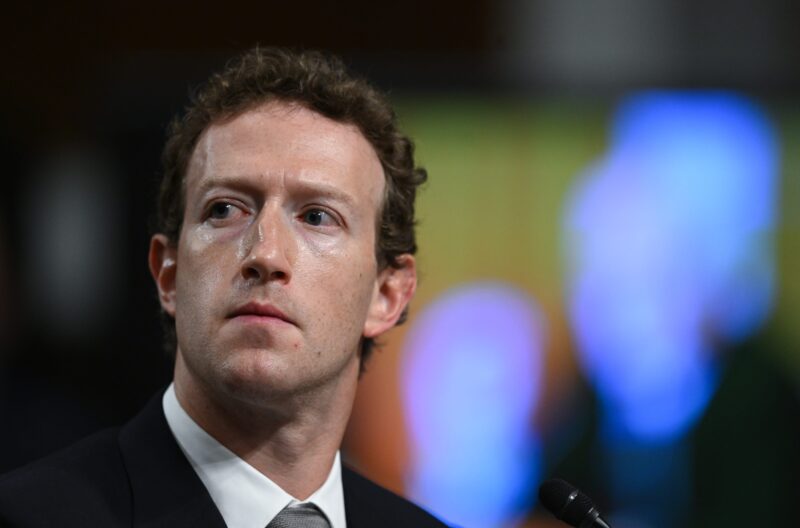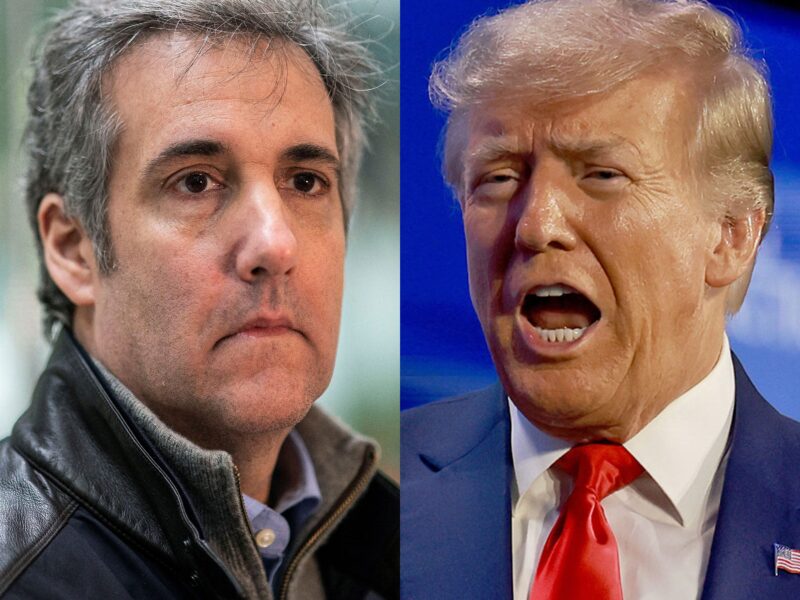
- The VIX index, a prominent gauge of market volatility, is up roughly 11% since last Friday.
- UBS Global Wealth Management's Mark Haefele says the rally in equities is set to continue despite recent volatility.
- Haefele believes rising vaccinations, strong corporate earnings, and lower than expected inflation figures will buoy stocks.
- Sign up here for our daily newsletter, 10 Things Before the Opening Bell.
The stock market rally is set to continue despite a recent uptick in volatility, according to UBS Global Wealth Management's Chief Investment Officer Mark Haefele.
In a note to clients on Wednesday, Haefele said he expects further spikes in volatility ahead, but believes the stock market rally will continue amid strong corporate earnings and an economic reopening brought about by rising vaccinations.
Market volatility has picked up recently amid worries over rising coronavirus cases, inflation concerns, and a high-profile earnings disappointment from Netflix.
The VIX index, a prominent gauge of market volatility, and as Haefele calls it "anxiety," rose 1.4 points on Tuesday-the largest daily increase since late March.
The VIX gave back as much as 5.5% of its gains on Wednesday, but it's still up roughly 10% since last Friday.
This has led many market analysts to question the upward trajectory of equities, but not UBS Global Wealth Management.
In his note to clients, UBS' Haefele said the recent rotation from growth to cyclical stocks swung into reverse on Tuesday, with cyclical energy and financial stocks leading the decline, but noted that he isn't concerned about equities moving forward.
The CIO said he does see further spikes in volatility ahead but also expects the market rally to continue and the rotation trade to resume. These are the three main reasons why.
Vaccinations will bring economic normalization
New case figures may have some investors concerned, but UBS' Haefele believes this is just a temporary setback and that rising vaccinations will bring an economic normalization to markets sooner rather than later.
More than 5.2 million new COVID-19 cases were announced last week. Haefele said although this does raise both the threat of renewed restrictions on mobility and the odds that vaccine-resistant strains will emerge, evidence from vaccination leaders shows the vaccine is working.
Hospitalizations in the UK are down 95% and the Netherlands said it is planning to relax restrictions starting as soon as next week, according to UBS.
"Despite the setbacks, we believe the trend toward curbing the pandemic remains intact," Haefele concluded.
Inflation worries are overdone
Inflation concerns have been on the mind of many market commentators and analysts after data last week showed US inflation for March hitting 2.6% year-on-year, well above the Fed's 2% target.
Soaring lumber and home prices have also added to investors' fears.
However, in Mark Haefele's opinion, inflation is likely to remain elevated over the summer, but fall from there on as much of the pressure "stems from short-term factors" including the recent recovery in energy prices from artificially low levels.
Haefele also noted central banks have promised to look through temporary rises in inflation and keep interest rates low, which bodes well for equities.
Corporate earnings momentum is strong
Finally, Haefele and his team said corporate earnings will help drive momentum in equities moving forward.
Investors may have been taken back by Netflix's recent earnings misstep that saw the streaming giant's stock drop as much as 8% on Wednesday, but Haefele isn't concerned.
The CIO noted that 87% of S&P 500 companies have beaten earnings expectations for the first quarter, and said he expects overall earnings per share to rise by close to 30% in the first quarter.
Haefele also said that although the VIX is elevated, it's still below the overall average since the late 1990s.
The CIO concluded by saying that he sees "swings in volatility as an opportunity both to protect and invest in your portfolio."










